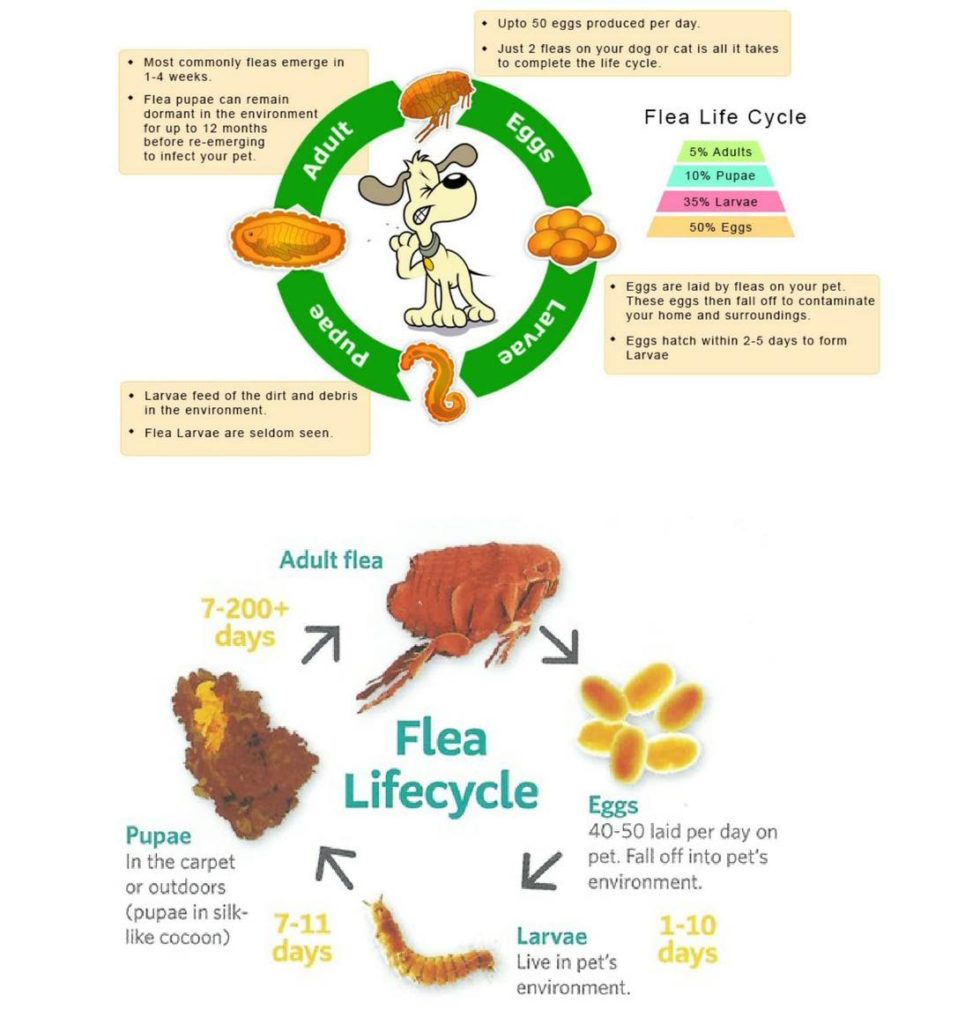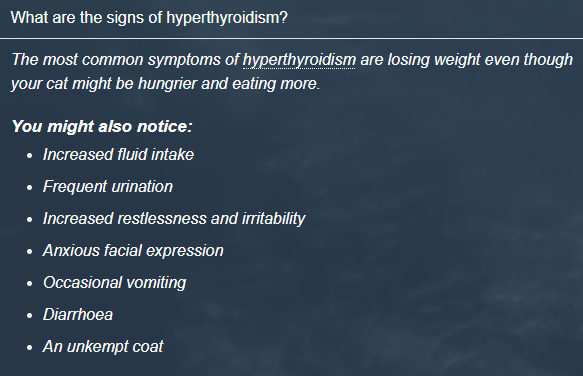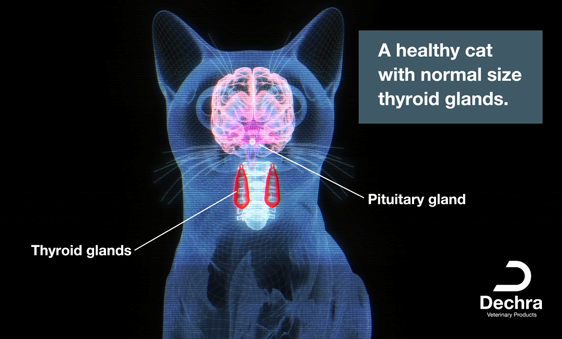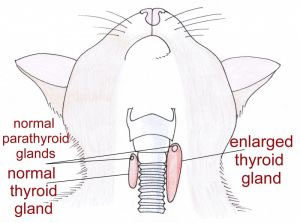Festive alert
Festive alert, pets with joint problems often start to struggle in the colder weather. Our Winter Blog discusses the signs to watch out for and how to help your pet if they are struggling in the colder weather.

Winter flea alert!
Our Winter News Blog discusses the signs of fleas, there’s more than just itching! Turning on the heating in your home can cause new flea problems from old flea eggs re- infesting your pets. If you or your pet are starting to feel the itch speak to our friendly team today about protection for your home and your pet. Don’t forget that if you are starting to feel the pinch you can spread your pet’s parasite protection and veterinary essentials across affordable monthly payments on a date that suits you, Join Here.

Dental disease – is your pet affected?
Poor dental health is painful, causes tooth loss and infection can spread throughout the body. Our Winter Blog explains the different dental diseases that could effect your pet! If you have not already started a dental routine with your pet contact our friendly team today for advice on how to keep your pets Hollywood smile.

We hope you enjoy reading our Winter Blog, if you have a question or concern regarding any of the items mentioned please do not hesitate to contact our team or discuss at your pets next appointment.







